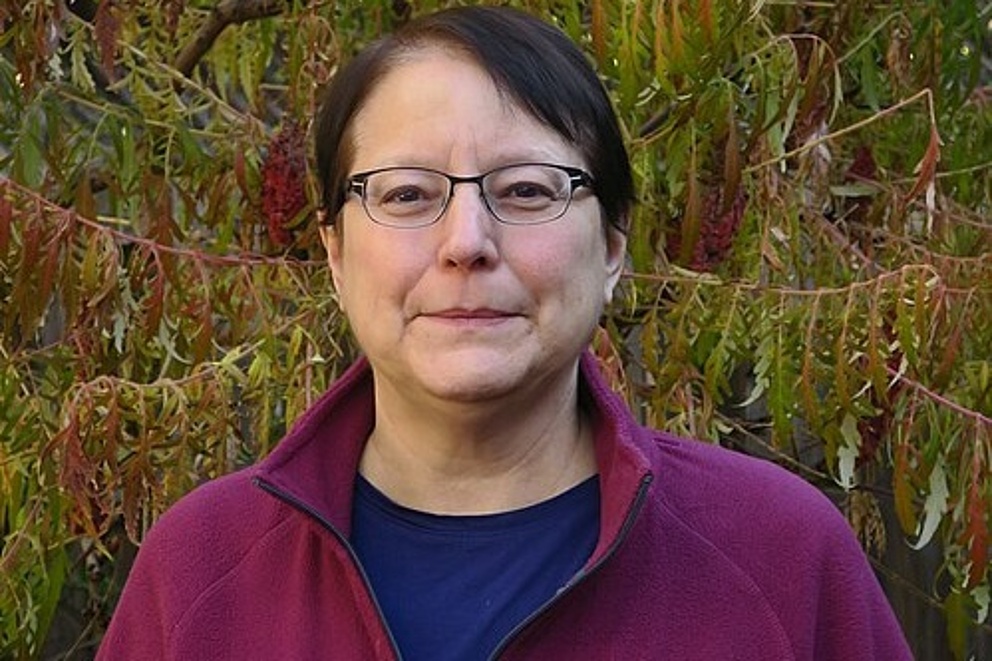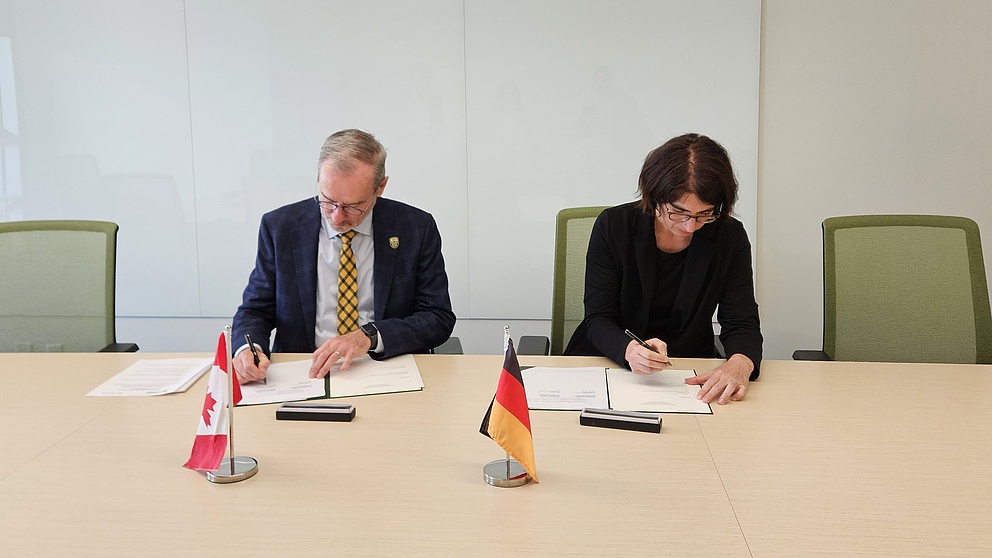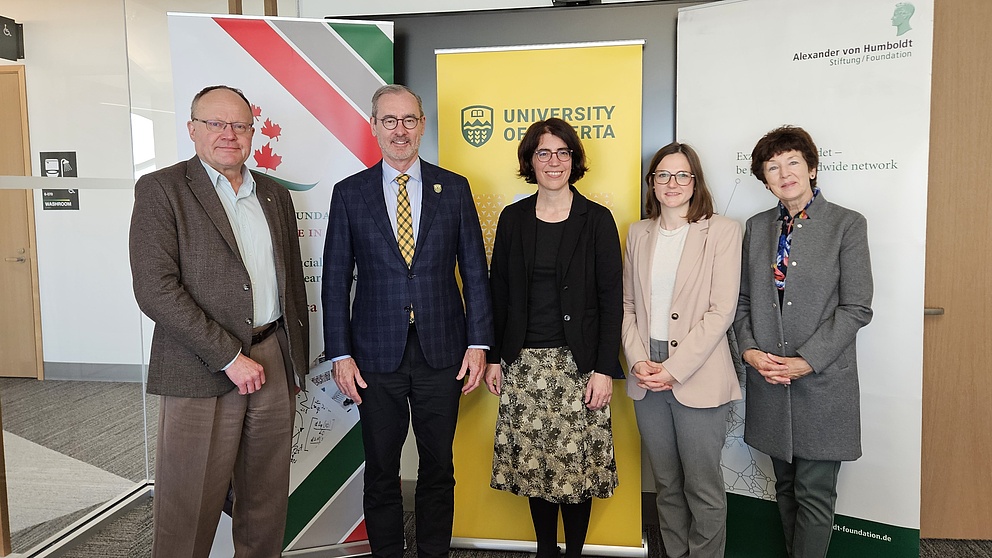Jump to the content
- {{#headlines}}
- {{title}} {{/headlines}}


Contact
Press, Communications and Marketing
Tel.: +49 228 833-144
Fax: +49 228 833-441
presse[at]avh.de
In honouring Marie-Josée Fortin, the Alexander von Humboldt Foundation is recognising one of the leading researchers in spatial ecology – the discipline that addresses the investigation and modelling of spatial structures in relation to ecological processes, biological diversity and ecosystem services.
Fortin holds the Canadian research chair in spatial ecology at the University of Toronto’s Department of Ecology and Evolutionary Biology. Her research has focused on the development of a series of novel, sophisticated models which integrate concepts deriving from ecology, geography and statistics. Fortin’s work established the field of spatial analysis in ecology and changed the way spatial ecological data are analysed, making it possible, for example, to predict species dispersal in fragmented landscapes to conserve biodiversity. The ecologist’s approach emphasises how important the interplay between the interaction networks of species and the habitat networks is for the survival of species in a constantly changing world.
Moreover, Fortin has an international reputation for her pioneering use of networking theory in the context of establishing conservation areas. All in all, her analytical networking methods deliver important knowledge that is needed to preserve biodiversity, ecosystem functions and human health.
Fortin has received numerous awards including North America’s Distinguished Landscape Ecologist Award (2013), the International Association for Landscape Ecology’s Outstanding Scientific Achievements Award (2015) and the Canadian Society of Ecology and Evolution President’s Impact Award (2019). In 2023, she was made a Fellow of the Ecological Society of America.
In her role as a Konrad Adenauer Research Award winner, Marie-Josée Fortin will cooperate with Professor Dr Ulrich Bose and further colleagues at the German Centre for Integrative Biodiversity Research (iDiv) Halle-Jena-Leipzig and the University of Potsdam. Together they will work on a framework for modelling the survival of species and their interactions.
German-Canadian academic relations are also set to be reinforced by a partnership between the Humboldt Foundation, the Humboldt Association of Canada and the University of Alberta. To this end, Katrin Amian, head of the North America, Australia, New Zealand and Oceania Department at the Humboldt Foundation visited the University of Alberta in mid-May. At this meeting, the president of the University, Bill Flanagan, signed the Memorandum of Understanding that has been in place since 2006. The aims are to continue recruiting Canadian researchers for a research stay in Germany and for networking in Canada, to expand relations between the Humboldt Foundation and Canadian science funding organisations, and to support the activities of the Humboldt Network in Canada.
The Konrad Adenauer Research Award
The Humboldt Foundation’s Konrad Adenauer Research Award honours researchers from Canada whose fundamental discoveries and insights have had a significant impact on their own discipline and beyond and whose personality and research contribute to academic and cultural relations between Germany and Canada. Financed by the Federal Foreign Office, the award is valued at EUR 80,000. In addition, award winners are invited to conduct a research project of their own choosing in collaboration with specialist colleagues in Germany.


